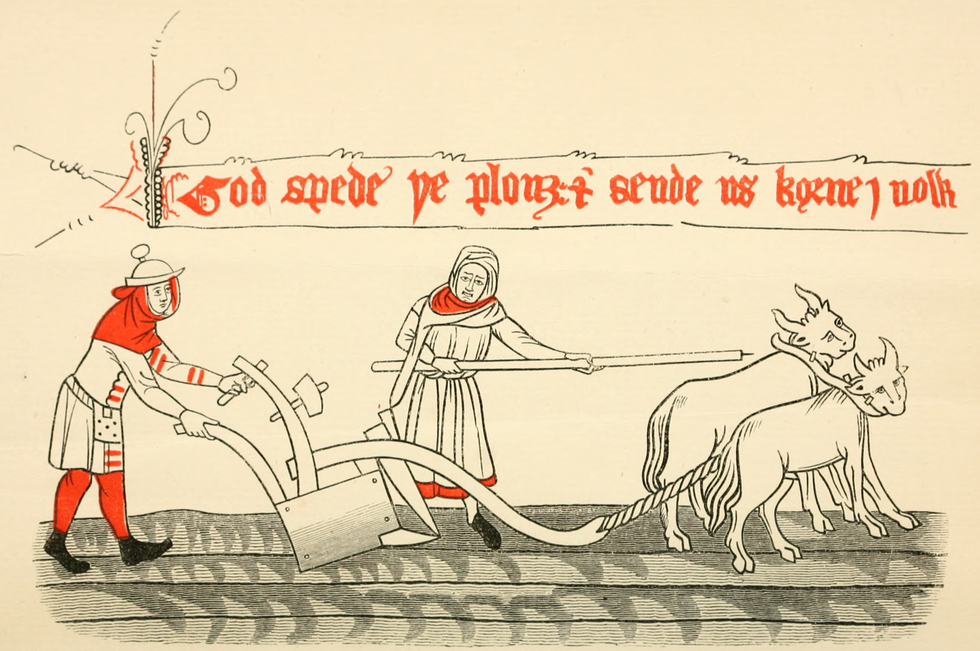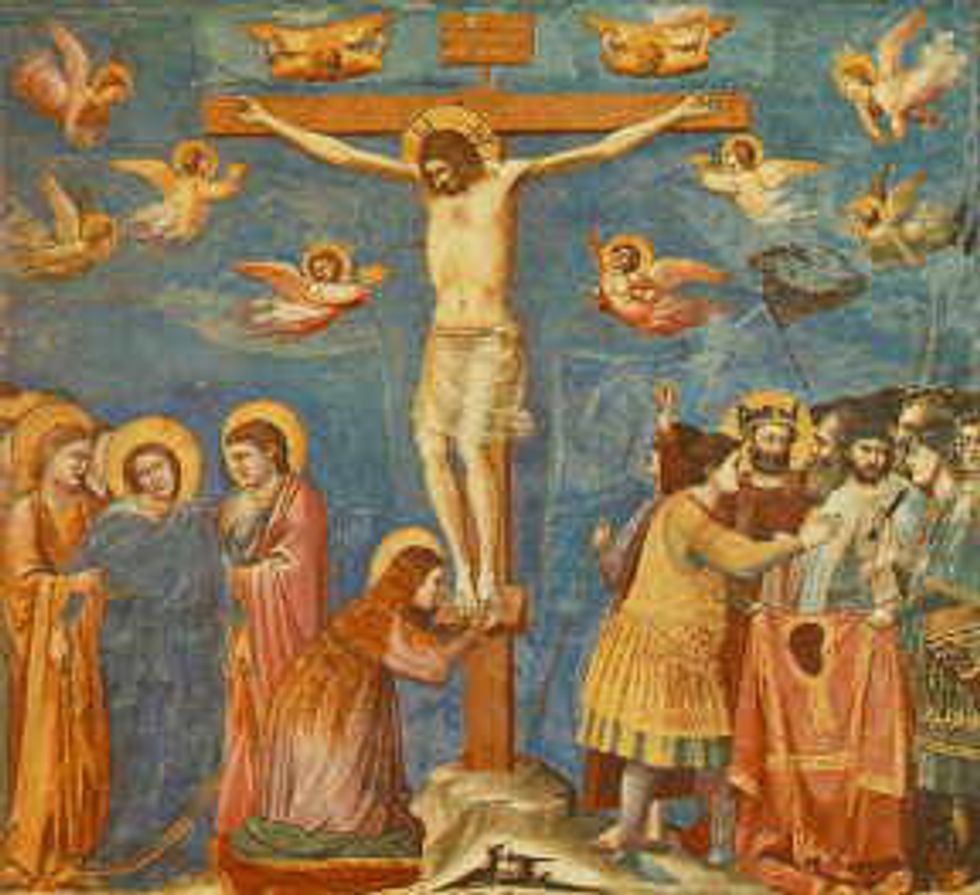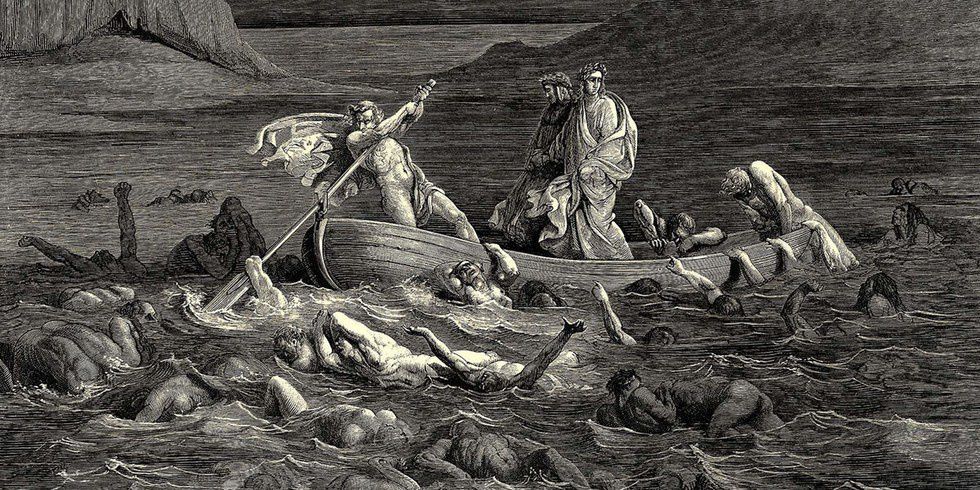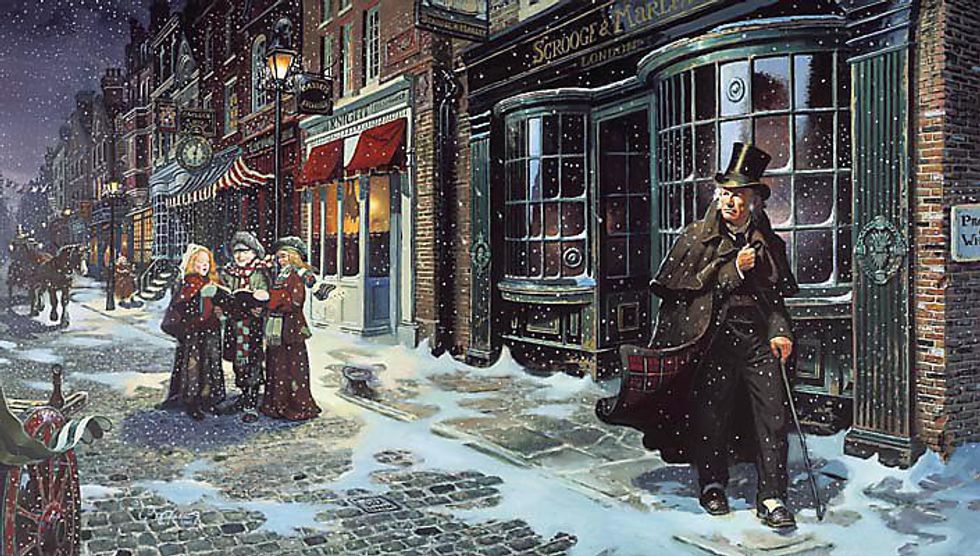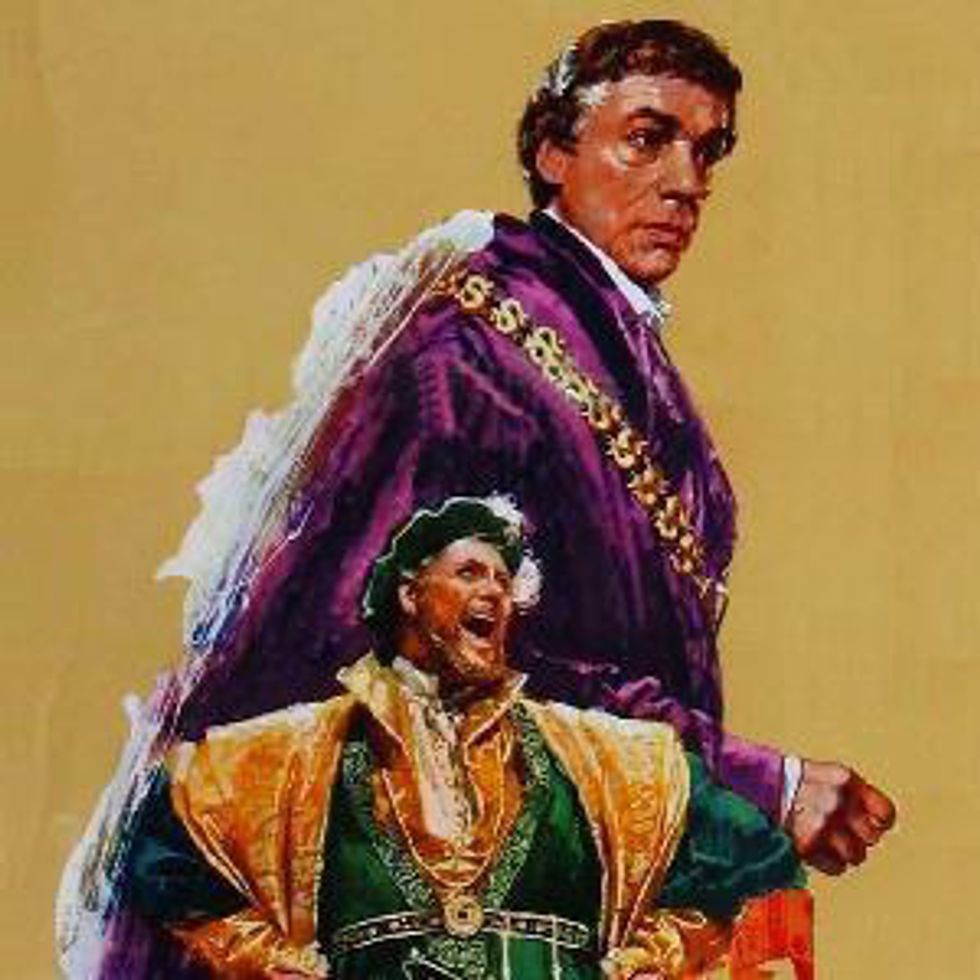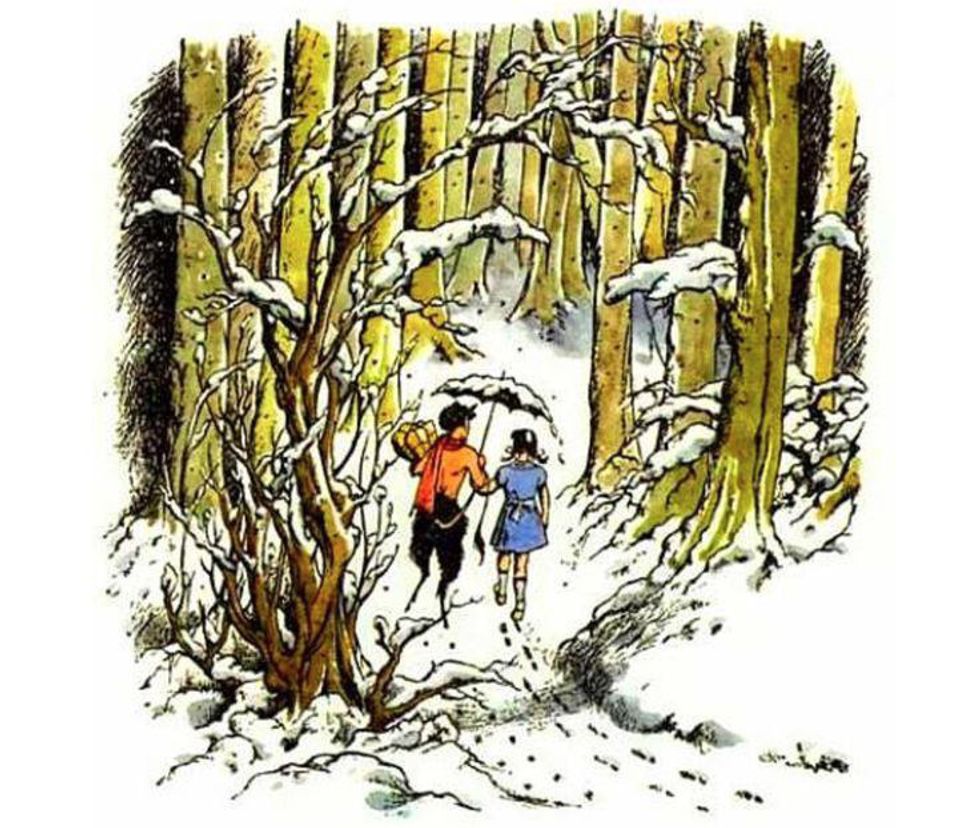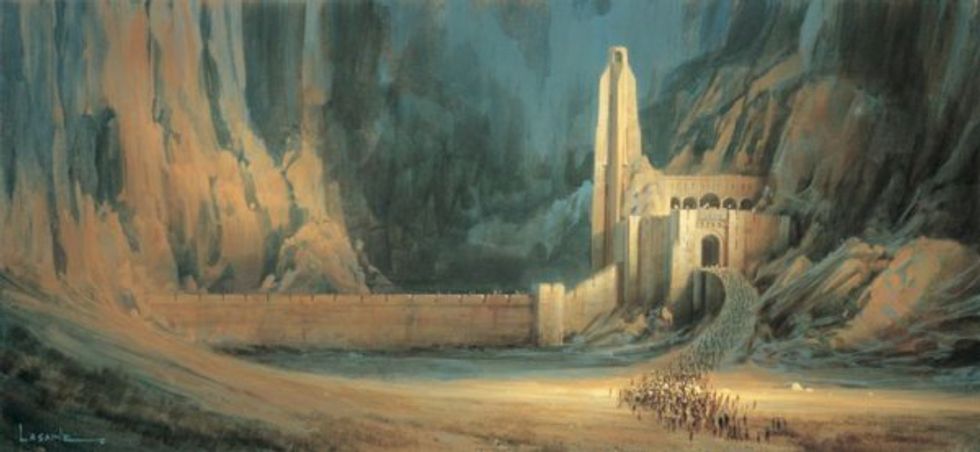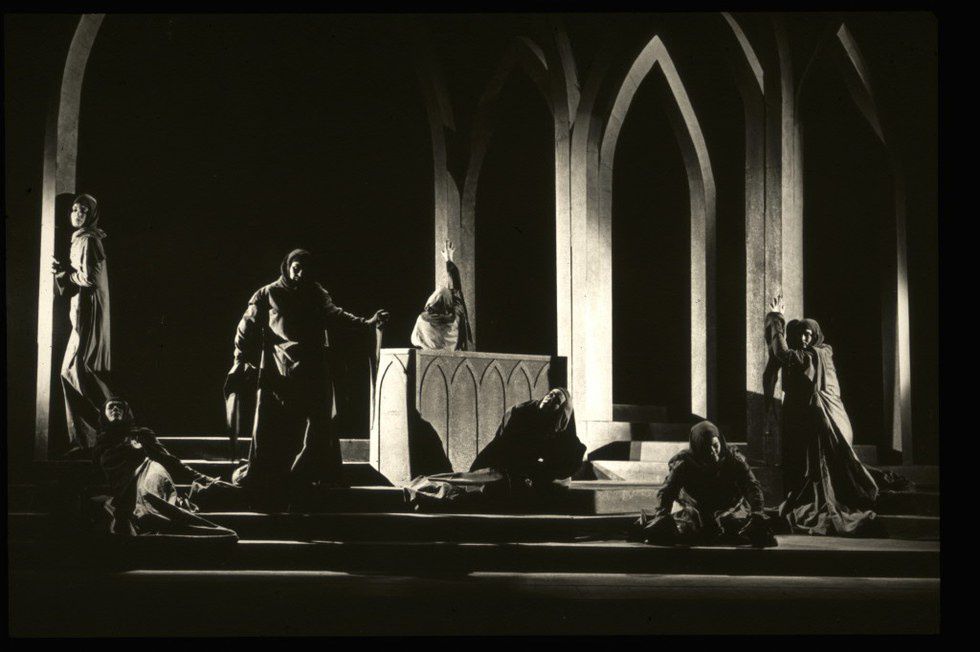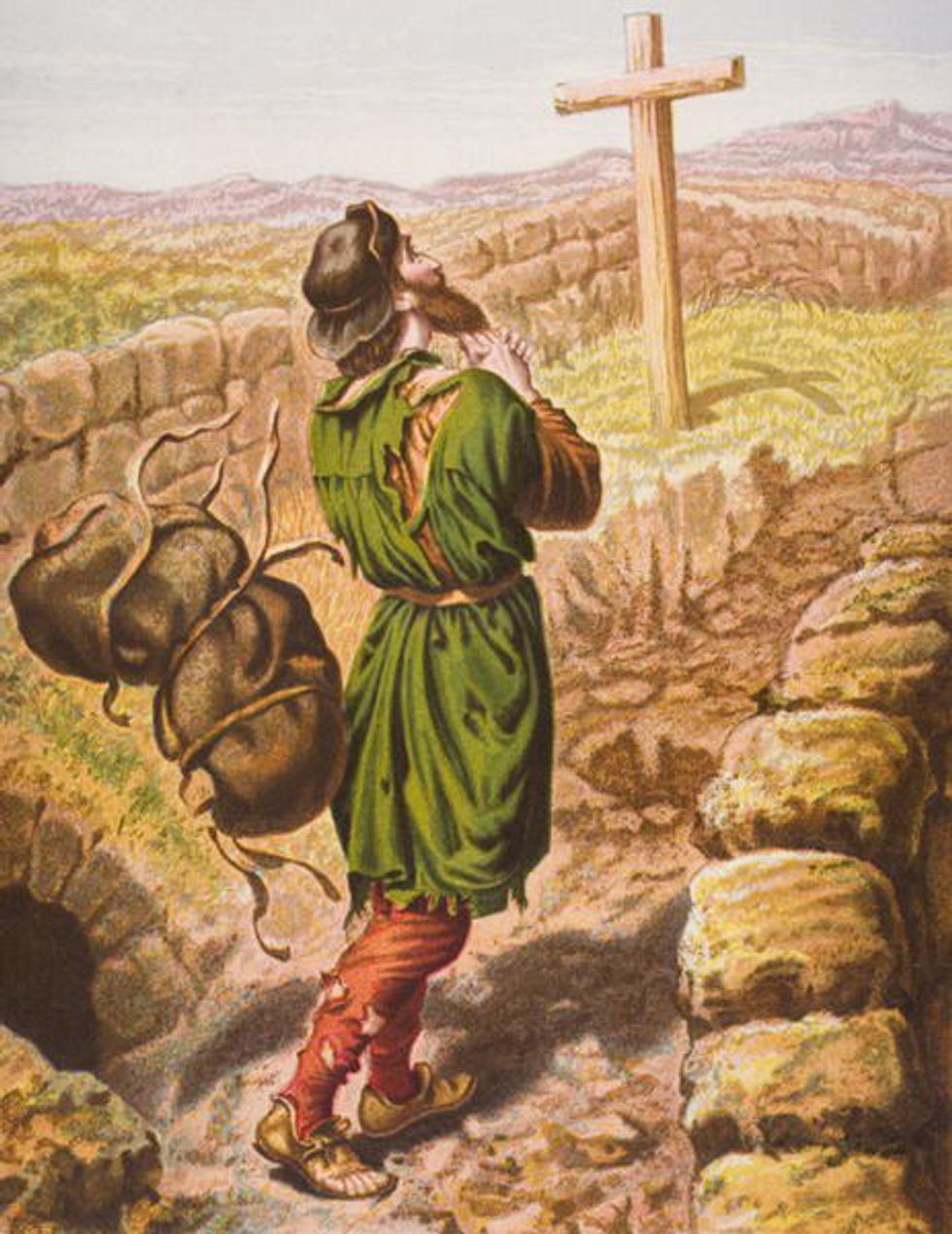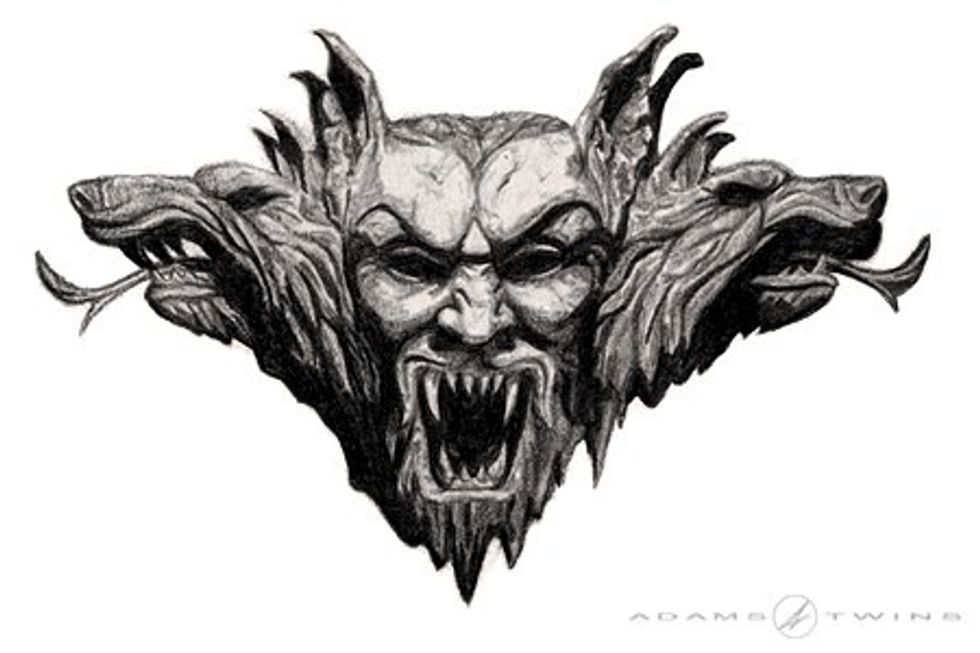Ever wonder how big an influence the Bible has had on literature through the ages? Here are a few of the biggest literary works ever that have been impacted by Scripture.
NOTE: This list is NOT dispositive, nor is it definitive or some sort of "ranking." It is simply a starting point for those interested in learning more about the influence the Bible has had on classic literature for the past millennia or so. If you have an idea for a contribution to this list, please discuss it in the comments. Enjoy!
1. Piers Plowman by William Langland.
A masterful and lengthy medieval poem about the role of virtues in the devout Christian life, this work is considered the second greatest piece of medieval literature and history, topped only by Chaucer’s "The Canterbury Tales."
2. The Merchant of Venice by William Shakespeare.
In Shakespeare’s seminal problem play, the characters of Shylock and Antonio represent the Old and New Covenants, respectively, and illustrate how “the letter killeth, but the spirit giveth life."
3. Measure for Measure by William Shakespeare.
Another allegorical problem play, this one is more straightforward: its characters illustrate the relationship between God and Man, with the essential theme rooting back to Matthew 7:2.
4. "Sonnet 129" by William Shakespeare.
An outworking of the Biblically-defined effects of lust in both body and mind.
5. Macbeth by William Shakespeare.
This masterpiece is inappropriately considered taboo by Christians for its use of witchcraft in the plot. However, a close reading will show that Shakespeare is clearly defining the dangers of the Devil’s devices in awakening the sins we struggle with – in Macbeth’s case, ambition.
The play drips with Biblical spiritual principles, and is especially poignant when one remembers that the Bard wrote this play for a performance in front of King James, who was notoriously and obsessively interested in witchcraft.
6. Paradise Lost by John Milton.
I was going to leave this blank because of how obvious the Biblical influence is, but I think C.S. Lewis is worth quoting here: “The great moral which reigns in Milton is the most universal and most useful that can be imagined, that Obedience to the will of God makes men happy and that Disobedience makes them miserable."
7. "The Sacrifice" by George Herbert.
8. "The Dark Night of the Soul" by Saint John of the Cross.
A mystical poem depicting the soul’s journey through trial and into a better understanding of God through His divine guidance during the trials.
9. The Inferno by Dante Alighieri.
Most of us have touched on this at some point in our education. Dante's portrait of Hell is one of the greatest Western poems of all time. I recommend Rod Dreher's How Dante Can Save Your Life for further reading.10. "Holy Sonnet 11" and "Holy Sonnet 12" by John Donne.
Donne became Dean of Saint Paul's in London after his conversion and wrote sonnets contemplating the gospel's implications - these are two of the best.
11. A Christmas Carol by Charles Dickens.
12. Jane Eyre by Charlotte Bronte.
Bronte’s description of Jane’s inner battle to maintain her purity despite Rochester’s petitions is firmly and eloquently rooted in Biblical teaching regarding sexual immorality and marriage.
13. A Man for All Seasons by Robert Bolt.
Bolt may have said that his Thomas More is not the saint known to history, but he could not avoid the explicit Biblical influence on More’s behavior in the aftermath of King Henry VIII’s divorce and remarriage in this superb play.14. Becket by Jean Anouilh.
The effect of gospel revelation on a soul is demonstrated through the life of Saint Thomas Becket in this masterful play.
15. The Brothers Karamazov by Fyodor Dostoevksy.
16. Songs of Innocence and of Experience by William Blake.
Blake's faith works itself out through this illustrated collection of poems relating to all aspects of English life in the early years of the Industrial Revolution.
17. The Chronicles of Narnia by C.S. Lewis.
Lewis’s allegorical children’s fantasy series remains the seminal children’s work of the 20th century and continues to entertain, inspire and comfort children with its Biblical themes into their adulthood.
18. The Lord of the Rings by J.R.R. Tolkien.
19. "Mythopoeia" by J.R.R. Tolkien.
Tolkien did not just write poetry for use in his novels. “Mythopoeia” is his poetic description of the artist’s calling to imitate our Creator by creating excellence.
20. Murder in the Cathedral by T.S. Eliot.
This play is a meditation on sainthood and martyrdom as seen through the assassination of Saint Thomas Becket.21. The Pilgrim's Progress by John Bunyan.
An allegorical work about the necessity of grace and the Christian’s life journey, Bunyan’s landmark work is considered one of the best of religious English literature.22. The Pilgrim's Regress by C.S. Lewis.
This is Lewis’s first work of prose fiction to be published. He described it as “Bunyan up to date.” It is also allegorical fiction, but the character grapples with the unique issues of the early 20th century world.
23. The Father Brown stories by G.K. Chesterton.
Almost a perfect counterbalance to the legendary Sherlock Holmes, Chesterton’s mystery-inclined minister uses empathy instead of deduction to solve the crimes he faces and serves as a vehicle by which Chesterton applies his Christian worldview to very real problems.
24. Dracula by Bram Stoker.
Another inappropriately taboo piece for Christians, it is quite clear from the original text that Stoker’s vampires are an embodiment of Biblically understood evil, especially since most of the ways to defend against them are Christian practices or symbols like prayer and the crucifix.25. "The Battle Hymn of the Republic" by Julia Ward Howe.
I mention this because the lyrics were originally published in The Atlantic Monthly and only set to a previous tune afterwards. The very first line echoes the Nunc Dimittis very closely and served as an explicit link of the Union’s cause of freedom to God’s Word and character during the American Civil War.




